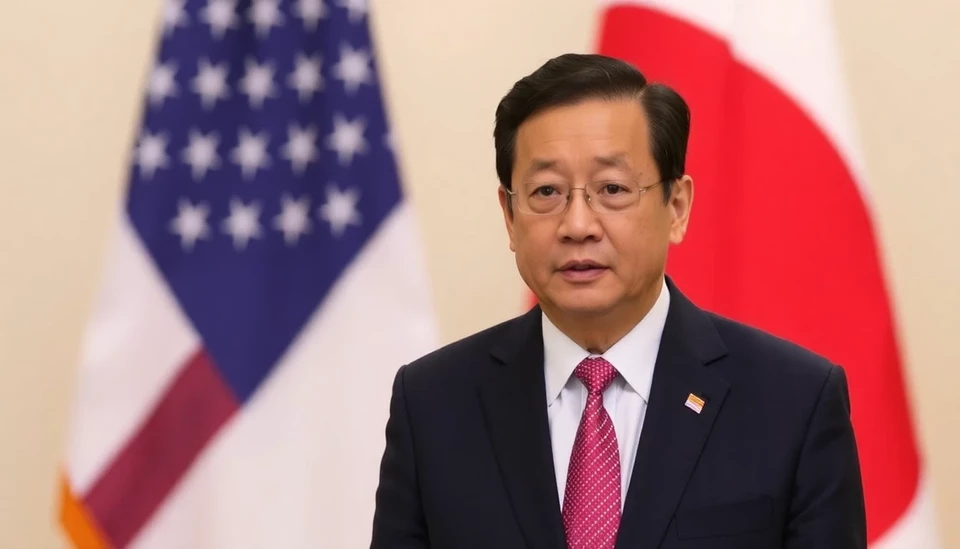
In a surprising move, Indonesia's central bank has opted to reduce its benchmark interest rate by a quarter of a percentage point, signaling concerns over the nation's economic growth outlook. This decision, which comes amidst a backdrop of fluctuating economic conditions, has caught the attention of analysts and investors alike, as it marks a deviation from the bank's previous stance on monetary policy.
The decision to cut the interest rate to 5.75% reflects the central bank's assessment that the growth outlook for Indonesia has dimmed. Factors contributing to this outlook include weakening consumer demand and ongoing pressure from global economic uncertainties. This change is expected to stimulate economic activity by making borrowing cheaper, thereby encouraging spending and investment in the country's economy.
Analysts note that this move represents a proactive approach by Bank Indonesia to combat the potential slowdown in growth and boost confidence among consumers and businesses. The latest economic indicators, including sluggish export performance and rising inflationary pressures, have prompted policymakers to consider more aggressive measures to support the economy.
This rate cut decision surprised many market watchers, who had anticipated that the central bank would maintain its position in light of inflation concerns and a relatively stable currency. However, the central bank has signaled its readiness to prioritize economic growth over inflation control in the current environment.
In response to the rate cut, investors and market analysts are closely monitoring other economic indicators, such as credit demand and overall consumer sentiment. The hope is that this change will foster a more favorable environment for economic expansion, particularly as the government plans to roll out various fiscal measures aimed at stimulating growth.
As Indonesia navigates these challenging times, the impact of this decision on both domestic and international markets remains to be seen. Investors will be keenly observing how this interest rate cut influences capital flows, the currency's value, and overall economic stability in the region.
In conclusion, Indonesia's unexpected interest rate cut not only highlights the central bank's concern over the current economic situation but also underscores the balancing act that policymakers must perform as they aim to foster growth while managing inflationary pressures. The coming months will be crucial in determining the effectiveness of this monetary policy shift and its ramifications for both the Indonesian economy and the broader Southeast Asian region.
#Indonesia #InterestRateCut #Economy #BankIndonesia #EconomicGrowth #FinancialNews
Author: Daniel Foster




